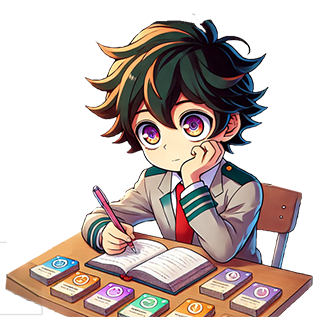Basic Medical Equipment
Example of how questions should look:
side2: A method of medication delivery directly into a muscle. side1: Intramuscular Injection
side2: name all the vitals, side1: body temp, pulse rate, respiratory rate, blood pressure, oxygen saturation
side2: 3 methods of medicine administration, side1: oral, topical, IV
side2: The process of drawing blood, side1: Phlebotomy
side2: The process of inserting a cannula into a vein to provide venous access., side1: Intravenous Cannulation Process
Obviously the answer (side1) should not be in side2, as we are teaching/testing memorization.
This deck contains flashcards, with side2 being the question and side 1 being the answer. Topics include:
What is a stethoscope?
How to use a sphygmomanometer
Function of an otoscope
What is a thermometer used for?
Purpose of a pulse oximeter
Use of a defibrillator
Function of a glucometer
What is an EKG machine?
Purpose of an infusion pump
Use of a nebulizer
What is a syringe?
Function of an oxygen tank
Purpose of a catheter
What is a scalpel?
Use of a tongue depressor
Function of a reflex hammer
What is a blood pressure cuff?
Purpose of a lancet
Use of an IV bag
What is an ultrasound machine?
Function of a speculum
Purpose of a tourniquet
What is an endoscope?
Use of a surgical gown
Function of a bedpan
What is a ventilator?
Purpose of a colostomy bag
Use of a dermatoscope
Function of a catheterization kit
What is a foley catheter?
Purpose of a syringe driver
Use of a suction machine
Function of a resuscitation bag
What is a dialysis machine?
Purpose of a blood gas analyzer
Use of a pacemaker
Function of a crash cart
What is a medical tape?
Purpose of a suture kit
Use of a hemostat
